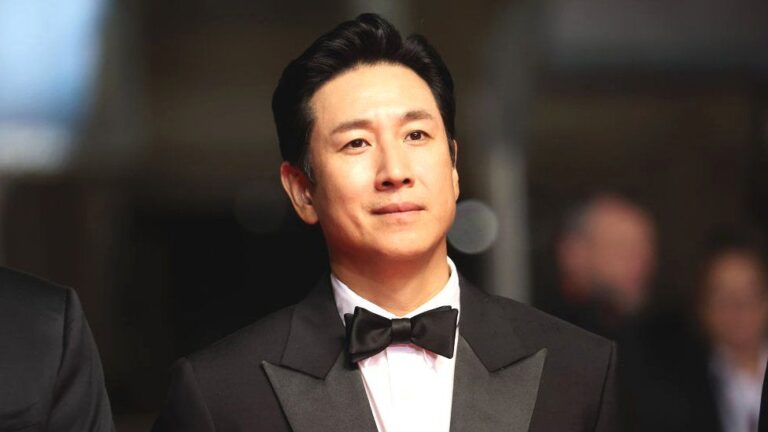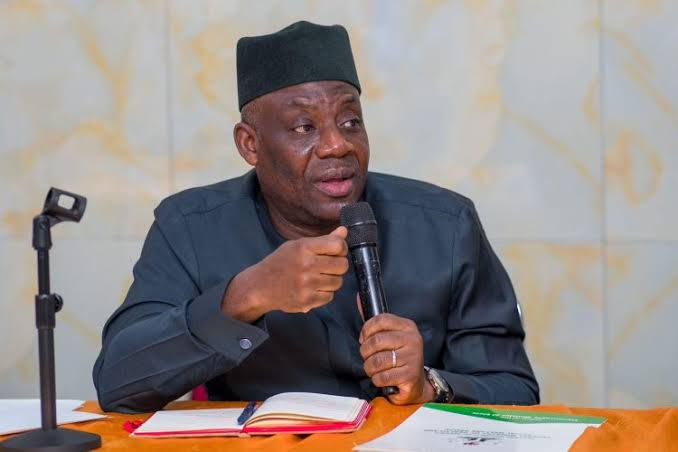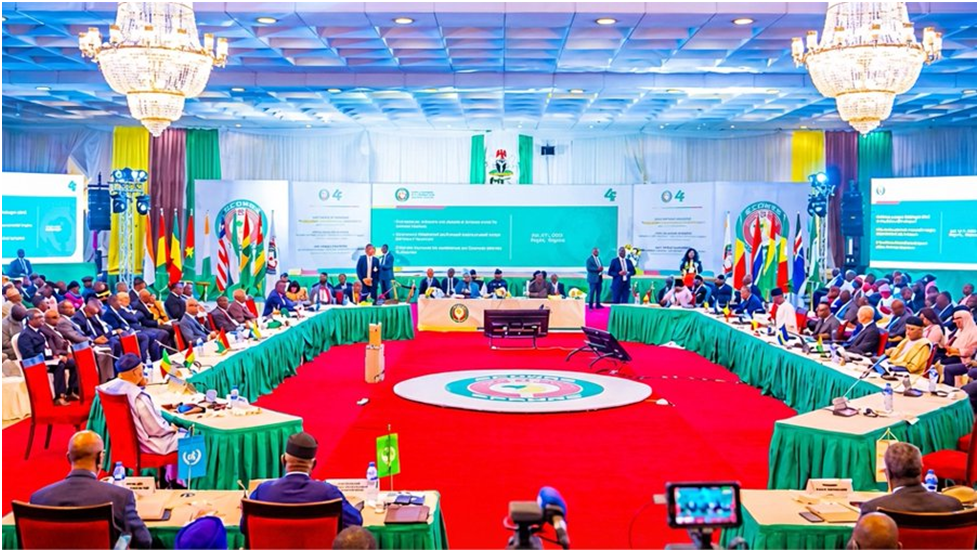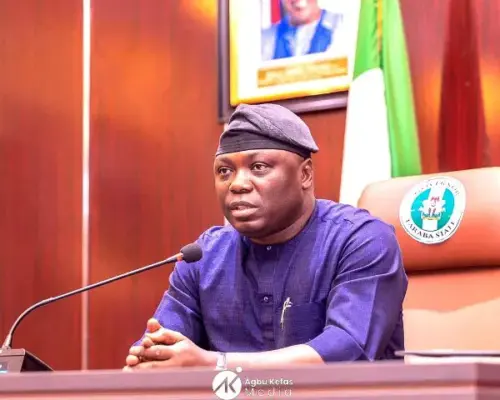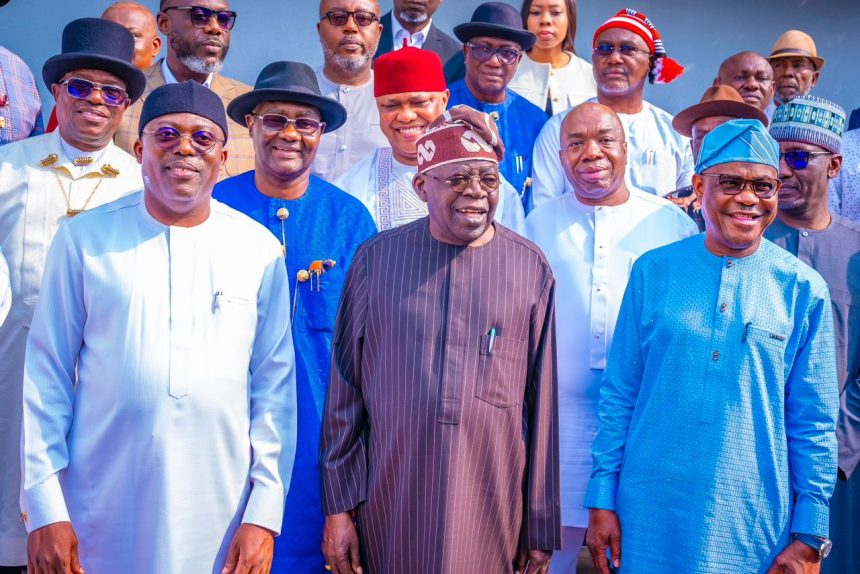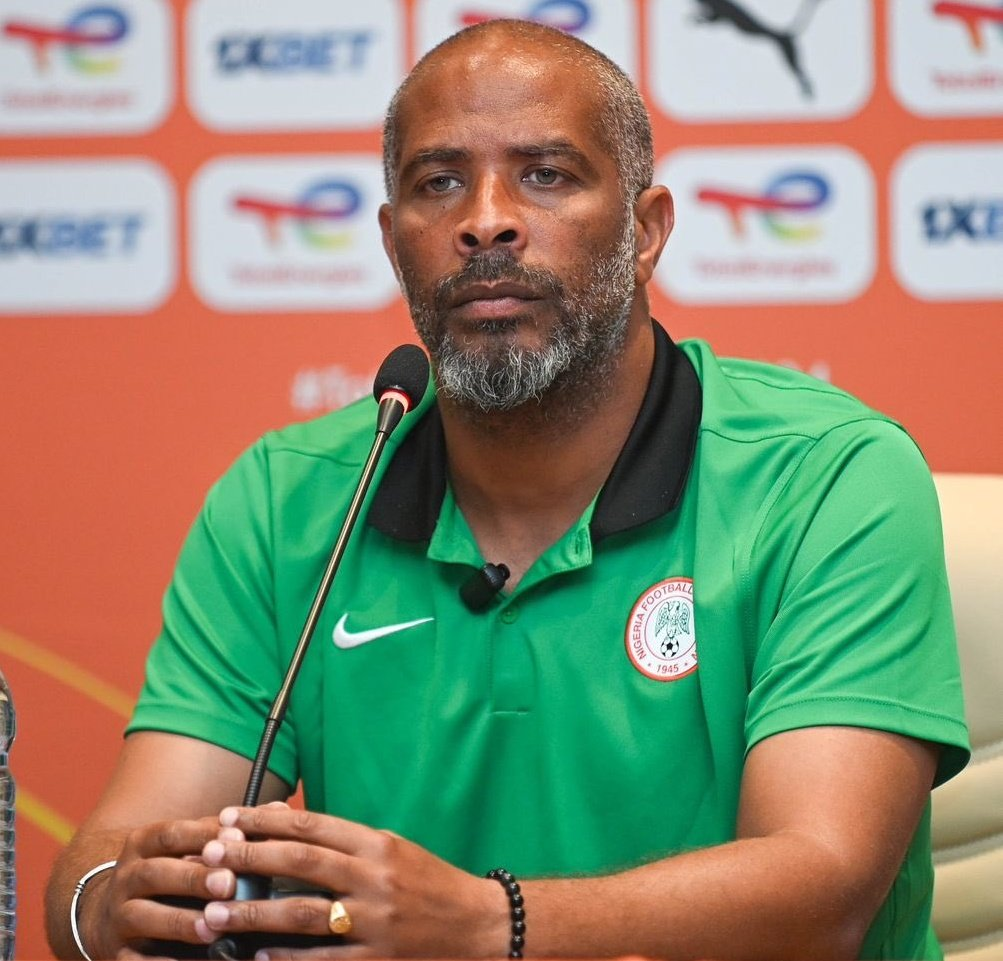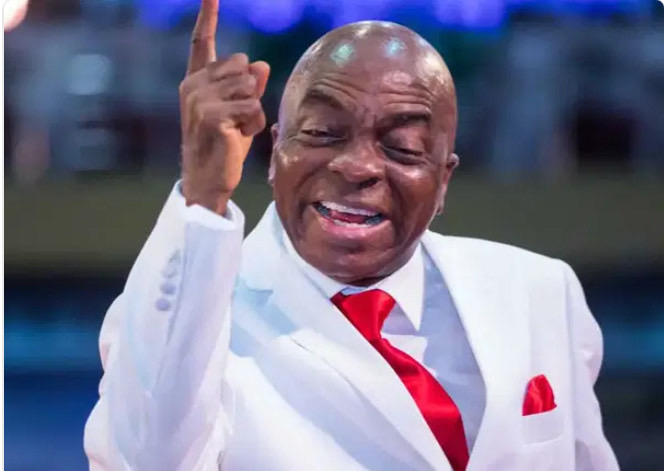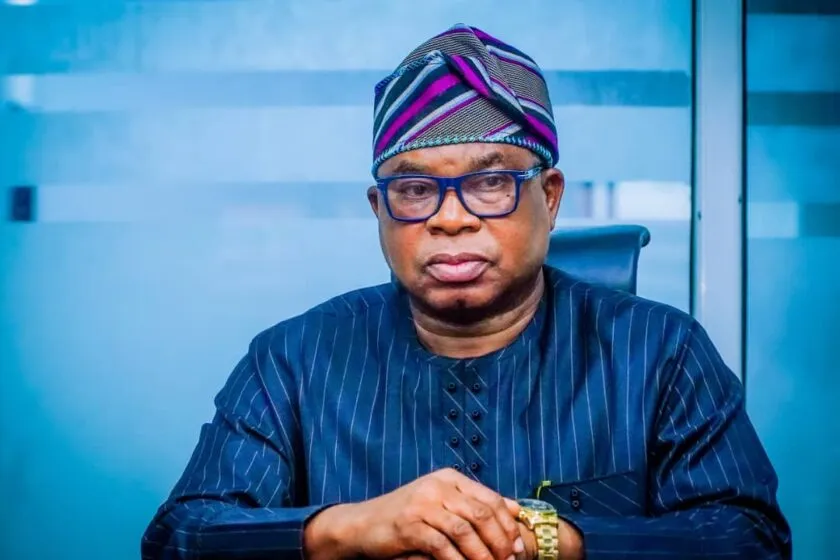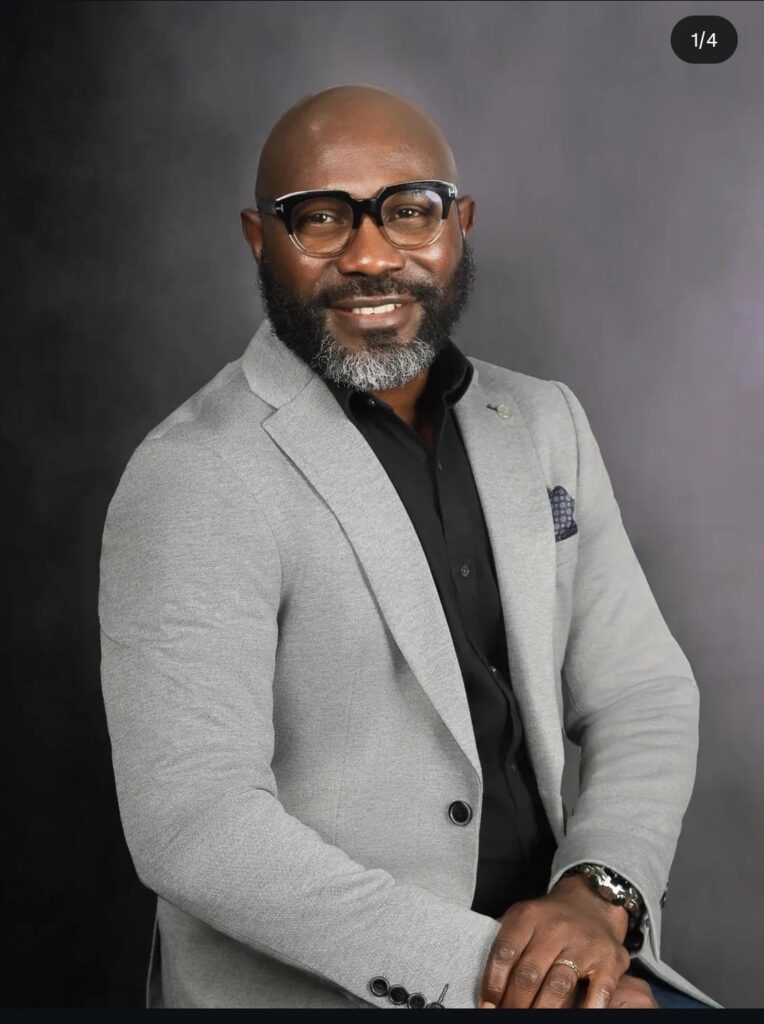South Korean star Lee Sun-kyun’s family bid him farewell in a private funeral, shutting out the cameras that had stalked him in his last months when he was under investigation for drug use.
The entertainment industry has been put on hold, with several events cancelled, as former colleagues turned up to remember Lee. On Friday, his family mourned him along with close friends and colleagues, after appealing to Korean media to stop making “painful and abrupt” visits to Lee’s home, agency and funeral.
His alleged last note to his wife, which a Korean media outlet was criticised for publicising, CCTV footage of the last drive he reportedly took, reruns of his last public appearance for police questioning the day before he died – all of it has been watched millions of times on YouTube.
The 48-year-old actor was found dead in a car in Seoul on Wednesday – police believe he killed himself. It was a shock to the country where he had become a household name during his more than 20-year-long career, before he shot to international fame in the acclaimed hit Parasite.
Beyond sympathy and grief, there is also anger over the relentless public glare many believe he was subjected to since October when police began questioning him. Outside South Korea, there is surprise that a drugs investigation into a celebrity could unleash such a tragic scandal.
The fall of a ‘model’ celebrity
Lee’s fall from grace was as stunning as his rise. A hugely successful family man, he was beloved in a competitive and conservative South Korea that expects celebrities to be model citizens.
The “abundance of attention… social pressure and finger pointing,” that South Korean celebrities face during a police investigation leads to “destructive shame”, psychiatrist Peter Jong-ho Na told the BBC’s Newshour.
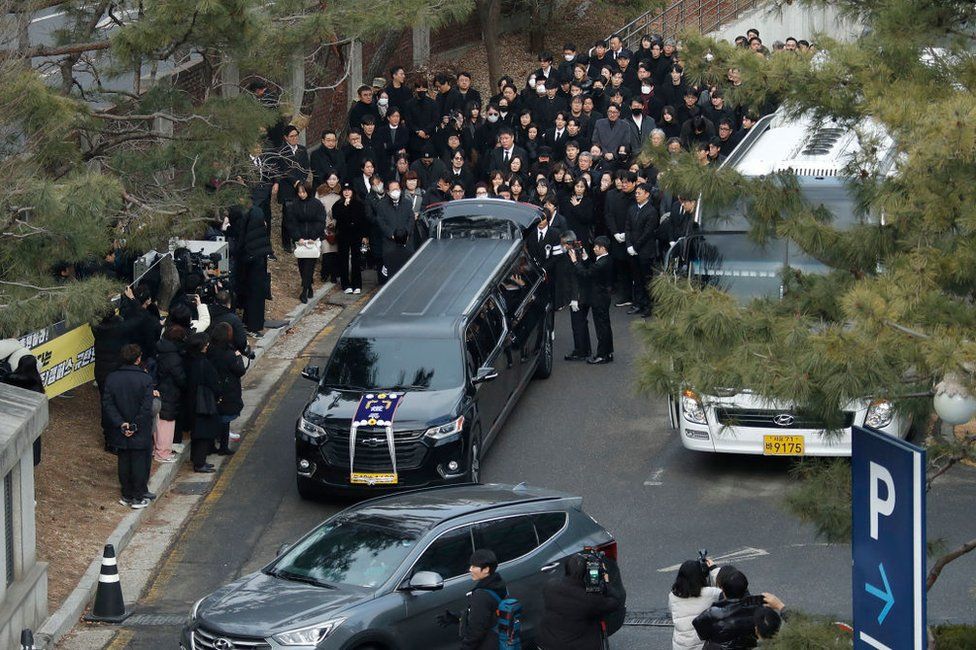
In October, a hostess at a Seoul bar accused Lee of taking drugs, including marijuana and ketamine, with her. He denied consuming them knowingly.
He was never charged and the investigation was still underway when he died. But the allegations – and reports that this happened at a bar with female escorts – marred what had been seen as a perfect, wholesome reputation.
“I sincerely apologise for causing great disappointment to many people by being involved in such an unpleasant incident. I feel sorry for my family, which is enduring such difficult pain at this moment,” Lee told reporters in early October.
He underwent three rounds of questioning, with one session last Saturday lasting 19 hours, according to Yonhap News. Lee was dropped or opted out of advertisements and productions that were underway. Some media reports even suggested that advertisers could sue him for millions.
Police said that they had rejected Lee’s request that his final appearance for questioning happen discreetly. They have been accused of not being more sensitive to the public pressure Lee would face, but they said the proceedings had been “conducted with [his] consent”.
The national police commissioner also weighed in, denying that the investigation had led to Lee’s death – but he said he would look into whether there had been any problems.
Korean media covered the case extensively for a hyper-connected audience. By some estimates, more than 90% of the country uses social media. So incremental updates on Lee arrived in minutes via messenger services like KakaoTalk or YouTube. The intense appetite only fuelled the tabloid-style drip-feed, even prompting national broadcaster KBS to publish the private conversation Lee had with the female bar staff.
BBC

